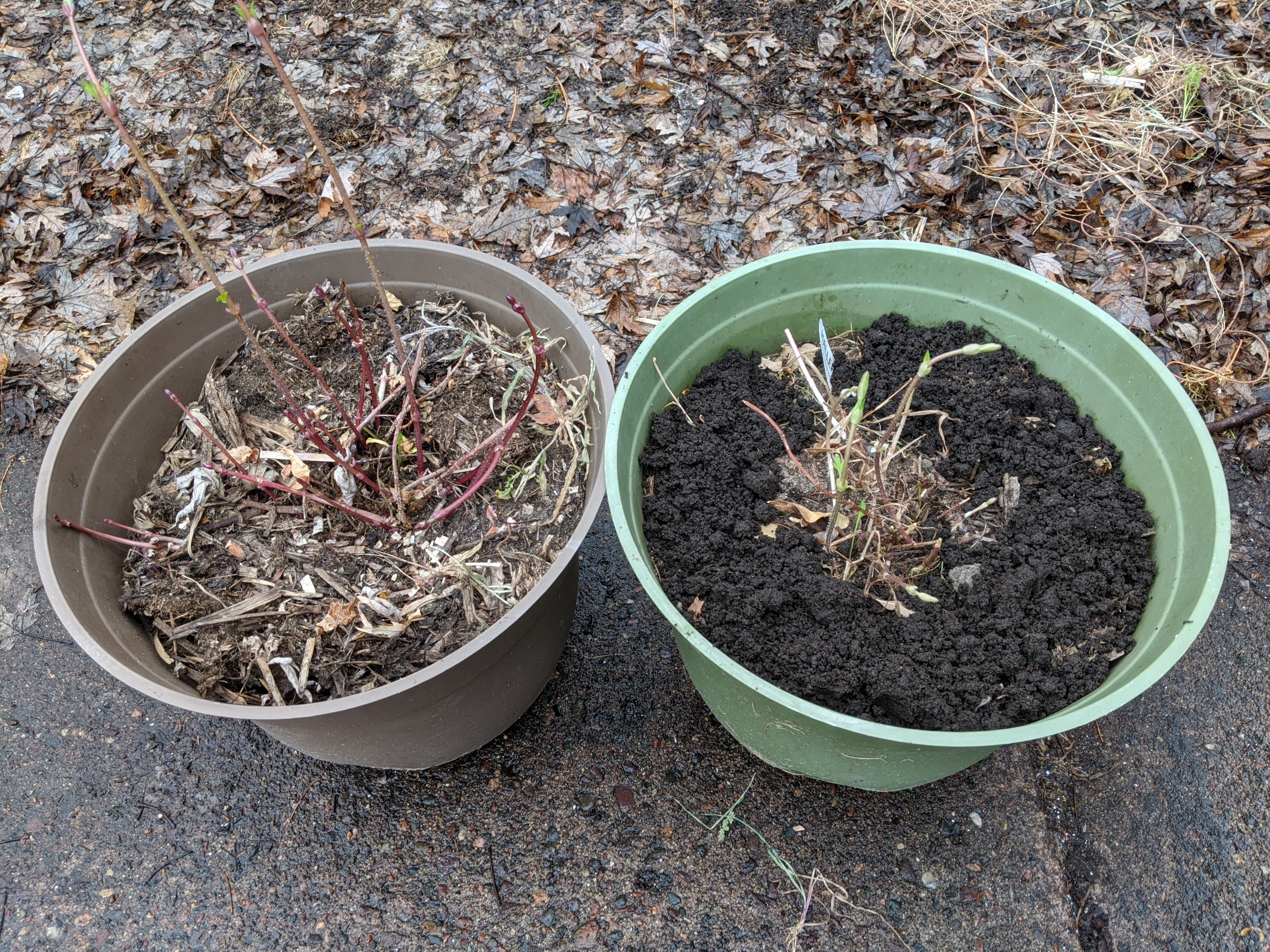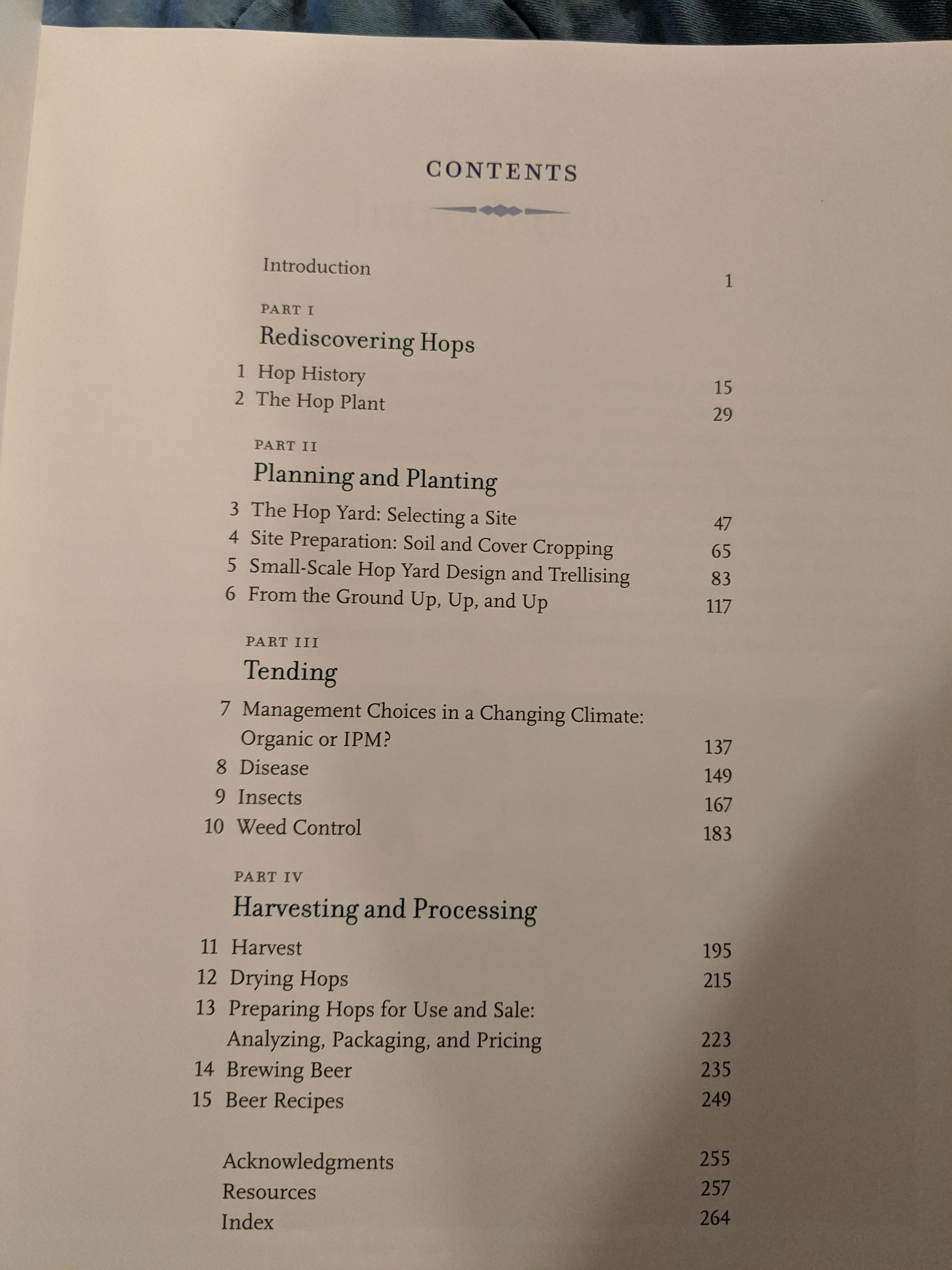Thanks for the link! Very nice presentation. How did they taste?
Well, probably not as good as the folks who talked me into starting the business thought, lol! A product dealing with sensory is always a gamble as everyone tastes, smells, perceives etc differently. It's hard to describe but think of having your head buried in your boiler as you gather up all the spent hops after brewing a heavily late-hopped beer, if that smell could be transformed into a taste (without the bitterness), that's basically what they taste like. Folks seemed to love or hate them and I came to the conclusion that it was most likely a flavor that they weren't expecting, was actually very fun watching the reactions when I was at events like the homebrew conferences and such!
That's sarcasm, right?
The only way to get reliable info to help grow my one hop plant is to travel the country forming a network with academics and professional hop growers?
Sarcasm, I guess? I'm just very passionate about certain things like hops and the dislike of the ability to spread misinformation (especially with this vehicle called the internet). The candy happened by accident, but having a small biz that dealt with hops became my ticket to attend events like the international hop symposium in Yakima back in 2015 where I actually ran into the guy who took over for Dr Fric at the hop research center in Zatec. Too funny, he sternly corrected my few pronunciation mistakes and now I know the "c" in Fric and Zatec are 'soft' rather than 'hard' c's, (you had to be there).
The other issue is that a lot of people think like that bloomberg guy, "you just throw a seed in the ground and cover it with dirt" when it comes to plants. I recently came across the term "plant blindness", and have experienced it's ramifications since I left college and was thrust into dealing with the general public through my work, I just never knew there was an actual word for it. Don't get me wrong, gardening is an awesome hobby for folks to have, but there's quite a lot more that goes into growing plants than most folks could ever fathom. And hops, well they're probably one of the most difficult crops to do right being that they have all these different quirks that can be exacerbated through the impact of minor changes in cultural practices, soil types, abiotic stresses etc. Here's some info from a 'farmer':
https://www.uvm.edu/sites/default/f...m/Presentations/jason-perrault-transcript.pdf
I would suggest keeping in touch with the Ohio Hop Growers Guild (their annual conference was in Cleveland two years ago), MSU Extension has a HOP information page that's loaded with good info, Cornell and the Northeast Hop Alliance:
https://modernfarmer.com/2019/07/new-york-farmers-hope-to-discover-new-hops/. Also, it was announced last winter that the State Line Brewers Guild and The BrewKettle each are contracted for .5 acres of two of the selections that came out of my backyard breeding efforts. So the info is out there, you just have to dig for some of it, hope this helps.






























![Craft A Brew - Safale S-04 Dry Yeast - Fermentis - English Ale Dry Yeast - For English and American Ales and Hard Apple Ciders - Ingredients for Home Brewing - Beer Making Supplies - [1 Pack]](https://m.media-amazon.com/images/I/41fVGNh6JfL._SL500_.jpg)



























